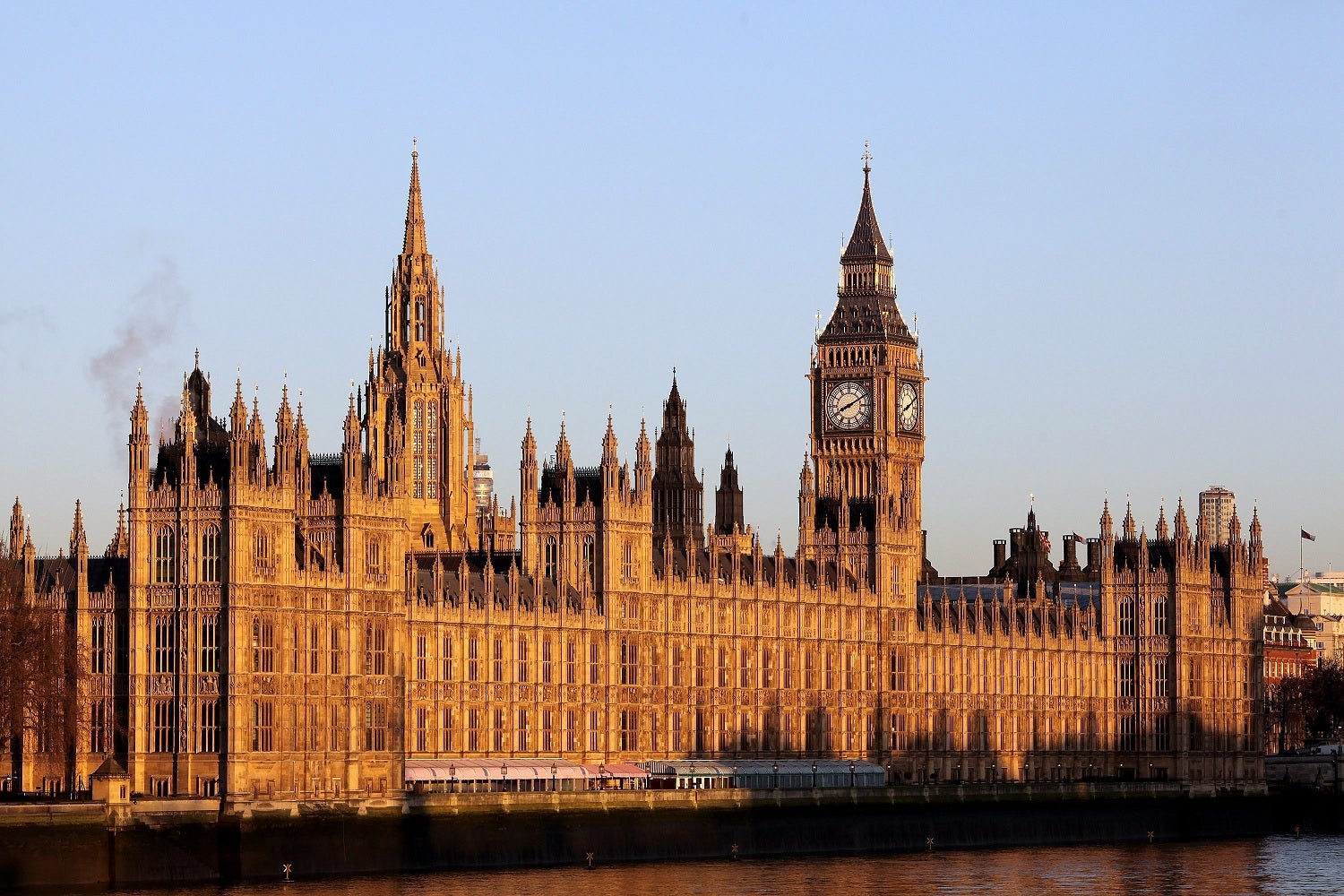English votes for English laws: William Hague sets out Government plans for new UK devolution
Parliament will be given four options – three Conservative and one Lib Dem-led – on changing powers

Your support helps us to tell the story
From reproductive rights to climate change to Big Tech, The Independent is on the ground when the story is developing. Whether it's investigating the financials of Elon Musk's pro-Trump PAC or producing our latest documentary, 'The A Word', which shines a light on the American women fighting for reproductive rights, we know how important it is to parse out the facts from the messaging.
At such a critical moment in US history, we need reporters on the ground. Your donation allows us to keep sending journalists to speak to both sides of the story.
The Independent is trusted by Americans across the entire political spectrum. And unlike many other quality news outlets, we choose not to lock Americans out of our reporting and analysis with paywalls. We believe quality journalism should be available to everyone, paid for by those who can afford it.
Your support makes all the difference.English MPs would have the power to kick out Government bills under plans announced by William Hague to tackle the "crucial" issue of English votes for English laws.
The Commons leader set out three proposals put forward by the Conservatives to reform the way laws currently progress through Parliament.
Under the most radical option, English MPs would have a separate vote in which they could veto an legislation - forcing the Government either to abandon the proposals or make changes to secure majority support.
Another option would mean English-only bills would go to an English-only grand committee at second reading and the remaining stages would be governed by a convention that means MPs from other nations would not vote.
A final option sets out plans that would allow only English MPs to consider the amending stages of legislation that relates only to England but the final vote would be open to all MPs.
The Conservatives insist the process must still be introduced in parallel to plans for further devolution to Scotland as a "matter of fairness".
Mr Hague told the Commons: "This is a fundamental issue of fairness for all the people of the United Kingdom. Just as the people of Scotland will have more power over their affairs, so it follows the people of England, Wales and Northern Ireland must have the opportunity to have a bigger say over theirs."
In a separate proposal set out in the command paper, the Liberal Democrats called for English MPs at Westminster to have a "stronger voice and a stronger veto" over purely English-only issues.
The party wants any new stage introduced into the process, such as a grand committee of English MPs, to be drawn up to reflect the number of votes cast for each party in England rather than how many parliamentary seats it has.
Any measures which "unambiguously affect" England only should be subject to a new parliamentary stage with the power to veto proposals.
That would mean English voters can be sure that decisions that affect only England cannot be imposed on them by a minority of English MPs along with MPs from Scotland, the Lib Dems said.
Labour boycotted talks under Mr Hague, claiming the process was a "stitch-up".
Barring Scottish MPs from parts of the legislative process could leave the party struggling to push through legislation, even if it wins a majority, because much of its power base is north of the border.
Mr Hague accused Labour of being "hostile" for refusing to join the talks or submit proposals to be published in the paper.
The Conservatives will make an announcement about which one of the options they will support in the new year.
PA
Join our commenting forum
Join thought-provoking conversations, follow other Independent readers and see their replies
Comments